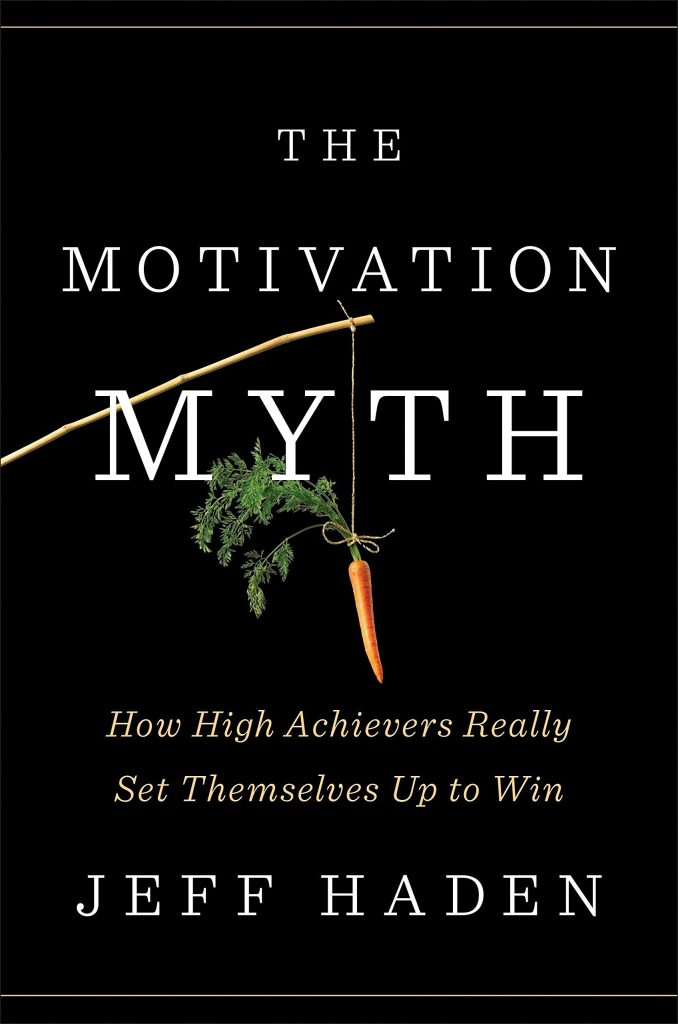Journaling for Entrepreneurial Success
As an entrepreneur, journaling can be a powerful tool for both your personal growth and the growth of your business. When you start writing about your thoughts and feelings, it can improve your mental health and emotional wellbeing. Journaling is an excellent method for expressing your emotions, as well as engaging with stressful events in a structured way. This allows you to better process and learn from them. With the benefits outlined above, the question then becomes: as a busy entrepreneur, how do you start journaling? In today’s article, I’ll show you how.
Block Out A Specific Time
I recommend opening your journal or expressive writing tool of choice and choosing a time when you don’t feel rushed. For me, this is typically early in the morning or in the evening. Make sure you journal at the same time every day. This will help you to build the habit and train your mind to get into a writing state.
Make sure you find a quiet place in your home where no one can distract you. Relax by performing a few yoga stretches and deep breathing techniques before you sit down to write. That may sound funny, but think of it like a physical primer to lull your brain into a relaxed state. Keep your phone and other electronic devices out of the room.
Select A Specific Topic
Journaling works better if you choose a single topic, such as a personal problem, your daily routine, or a business project. Set your intention to focus only on one topic at a time to avoid dividing your attention between issues. However, if you find that a stream of consciousness style of journaling suits you best then go for it!
Figuring out what to write about is one of the most significant challenges of journaling. You can start writing a journal in many different ways. Here are a few questions and ideas to get you started:
- Did you complete yesterday’s tasks?
- What are your plans for today?
- How do you feel today?
- An inspiring entrepreneurship book or movie
- Lessons from a project you failed to complete
- An uncomfortable conversation you had with a client
- A memory from your past
- Steps you are taking to achieve your goal
- A problem in your personal life or at work
Set a Timer for Journaling
Most entrepreneurs take hours to write their thoughts or day-to-day activities. Remember, this is not an effective way to write a journal. I recommend setting a timer for at least 5-7 minutes. Aim for three minutes if that’s too long for you.
The objective is not to write a lot but to remain consistent during these 5-7 minutes. Some entrepreneurs write longer entries in the evening time or weekend, depending on their situation or problem. Whether you write daily or weekly, make sure you stay consistent by not missing your schedule. A timer also helps you get started. You might find that when you sit down you stare off into space. Setting a timer creates urgency to jump start putting the pen to paper.
Avoid Editing
Writing a journal entry does not require you to focus on grammar, punctuation, or vocabulary because you are not writing a research paper, essay, or blog post. So, there is no need for editing because not only is it time-consuming, but it will also distract you from organizing your thoughts.
Because journal entries are for you, it does not matter if you make grammatical mistakes. However, it is crucial to write clearly while focusing on organization, so when you read it in the future, you can clearly understand what you had written. Additionally, taking the time to organize your thoughts on paper, helps to organize thoughts in the mind.
Explore Your Thinking
Most entrepreneurs fail to maintain their journaling activity because they focus on writing positive things. Although writing positive things is good, prohibiting yourself from writing down negative thoughts can lead to ineffective expressive writing. Consequently, you won’t be able to organize your thoughts.
Remember, reflective journaling is an essential part of your entrepreneurship journey and acts as a therapy to focus on your positive thoughts, negative emotions, random ideas, etc. When you write down all these things, you open a window into your soul and reflect on your personal thoughts and business ideas. That way, you can develop better plans to create work-life balance.
“writing is another powerful way to sharpen the mental saw. Keeping a journal of our thoughts, experiences, insights, and learnings promotes mental clarity, exactness, and context.” – Stephen Covey
A guide for journaling throughout the day
Daily journaling plays a crucial role in an entrepreneur’s life. It enables you to write about your thoughts, emotions, and daily events, allowing you to answer critical questions, perform day-to-day analysis, and make informed decisions. The purpose is to optimize your thoughts, boost your self-confidence, and increase productivity. The following principles serve as a guide for journaling throughout the day.
Write Your Intentions
Write your intentions in three to four sentences in the morning or evening. Choose a quiet and serene place in your home where you can sit comfortably to write your short-term and long-term goals. Make sure you see your life as a privilege and remind yourself about what you want to achieve. Renew your intention with every sunrise or sunset.
Set Priorities
It is crucial to set at least 2-3 priorities, especially if you are journaling in the morning. However, you can also set preferences for the next day in the evening or before you go to sleep. Ask yourself: what are the most critical tasks that I want to complete today or tomorrow. Use bullet points to set your priorities.
Bear in mind that setting priorities is a vital part of your daily task management system, allowing you to prioritize things or tasks that matter to you. Make sure your priorities align with your personal or business goals. When you accomplish these tasks, you will feel happy and satisfied, knowing you’ve achieved a daily objective. That way, you can move onto the next one.
Reflect On Your Day
Daily reflection is an essential part of your journaling that is a great habit to build. Open your journal and answer the following questions.
- What did you achieve today?
- What things didn’t go well today, and how can I fix problems?
- Am I grateful for what I accomplished today?
Research shows that journaling is one of the most effective ways to organize your personal and business ideas. It can help you track your day-to-day activities, brainstorm new ideas, overcome problems, and boost your self-discipline, self-respect, and self-esteem. Follow the tips above to get your journey started.







Responses